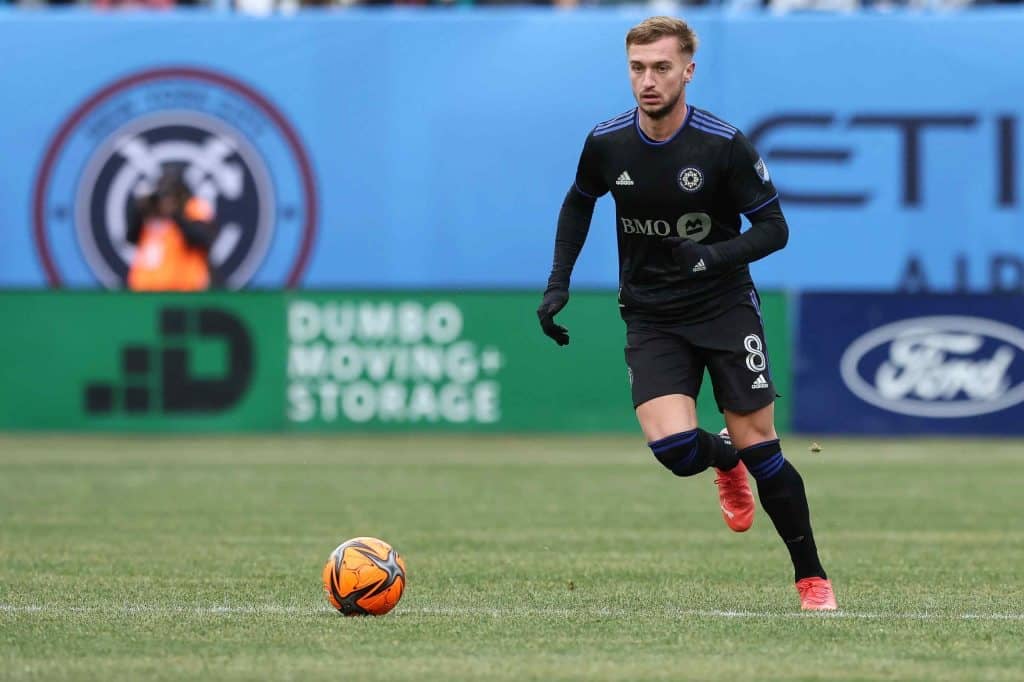
Are you interested in learning more about Major League Soccer player compensation? How much do players make in MLS, and are the salaries increasing? This article will break down the minimum salary requirements for MLS players, providing insight into how teams work within their budget to pay their athletes.
We’ll also look at recent changes to the 2024 minimum salary and other ways that clubs can allocate funds to ensure they’re fairly compensating their players. So if you want to know all there is to know about MLS minimum salaries, read on!
MLS minimum salary for 2024 is set at $109,200 per season. Teams can also sign additional players to their roster at lower salaries (as low as $67,500) as long as they bring the total player payroll under the league’s salary budget of $4.2 million per team. MLS has also introduced a new system that allows teams to use allocation money to pay down players’ wages for them to be compliant with the salary budget rules. This helps ensure competitive balance across all clubs and that young talent gets paid fairly.
The Lowest Paid Player In MLS

Did you know that Real Salt Lake has the lowest wage bill in the MLS? It’s true! In fact, only two players at the club are paid over $1 million. Meanwhile, Real Salt Lake also has five players earning the league’s minimum salary of $65,000.
It’s worth noting that a few years back, Montreal’s Belizean striker Michael Salazar was the lowest-paid player in the league, earning just $51,000 per year. It’s interesting to see how player salaries have evolved over the years, and it’s clear that Real Salt Lake is trying to be strategic in how they allocate their salary budget.
How Much Do MLS Players Earn In 2024?

MLS players are some of the top soccer players in the world, and they are compensated accordingly. In 2024, the minimum salary for an MLS player is $67,5000 per year.
However, this number can vary greatly depending on a number of factors, such as the player’s experience, skill level, and negotiating ability. Many top players in the MLS earn salaries in the millions of dollars per year, with some of the highest-paid players making over $10 million per year.
In addition to their salaries, MLS players also receive benefits such as health insurance and retirement plans. They may also receive bonuses for things like winning the MLS Cup or being named to the MLS Best XI.
It’s important to note that the minimum salary for MLS players has increased significantly in recent years. In 2018, the minimum salary was just $54,500 per year, so players have seen a significant increase in their earning potential over the past few years.
This is mainly due to the MLS’s growing popularity and success, as well as the increased investment in player salaries by team owners.
What Factors Affect the Salaries of Different Types of Players in the MLS?

Many factors can affect the salaries of different types of players in the MLS. One of the most prominent factors is the player’s skill level and experience. Players who are considered to be the best in their position or have a long track record of success in the league are likely to command higher salaries than those who are just starting out or have less experience.
Similarly, players who have proven themselves to be reliable and consistent performers will typically be rewarded with higher salaries than those who are less reliable or prone to injury.
Another factor affecting player salaries is the team’s overall budget and financial stability. Teams with a larger budget or more financial resources may be able to offer higher salaries to their players, while teams with smaller budgets may have to be more frugal in their spending.
Additionally, the market for a particular player’s position can also impact their salary. If there is a high demand for players at a particular position, such as center-backs or attacking midfielders, then those players may be able to command higher salaries.
Other factors that can affect player salaries include the player’s age, nationality, and the team’s location. Older players may see their salaries decrease as they near the end of their careers. In comparison, younger players who are just breaking into the league may see their salaries rise as they gain experience and prove themselves.
Nationality can also be a factor, as some countries produce more high-quality players than others, and teams may be willing to pay a premium for players from those countries.
Finally, the team’s location can also impact player salaries, as teams in larger markets or cities with higher living costs may need to offer higher salaries to attract and retain top players.
Are There Other Ways for Lower-Salaried Players to Make Money in the League?

For lower-salaried players in the MLS, making a decent living can be a challenge. While the minimum salary has increased significantly in recent years, it still may not be enough for some players to make ends meet. However, there are a few other ways for these players to supplement their income and make a decent living in the league.
One option is to earn bonuses for on-field performance. These bonuses can come from an individual or team achievements, such as making the All-Star team or winning the MLS Cup. While these bonuses may not be guaranteed, they can significantly boost a player’s salary.
Another option is to sign endorsement deals with brands or companies. Many professional athletes, including soccer players, have endorsement deals that can provide a significant source of income. However, these deals are not always easy to come by and are often reserved for the top players in the league.
Players can also look into coaching or broadcasting opportunities during their off-season or after their playing careers have ended. This can provide a steady income stream and allow players to stay involved in the game they love.
In addition, players can consider investing in real estate or other businesses as a way to supplement their income. This can provide a long-term source of income and can be an intelligent financial decision.



